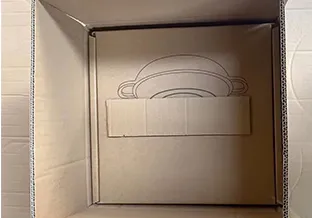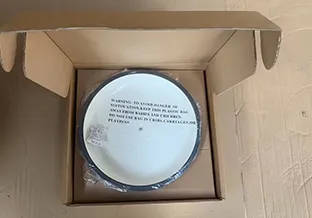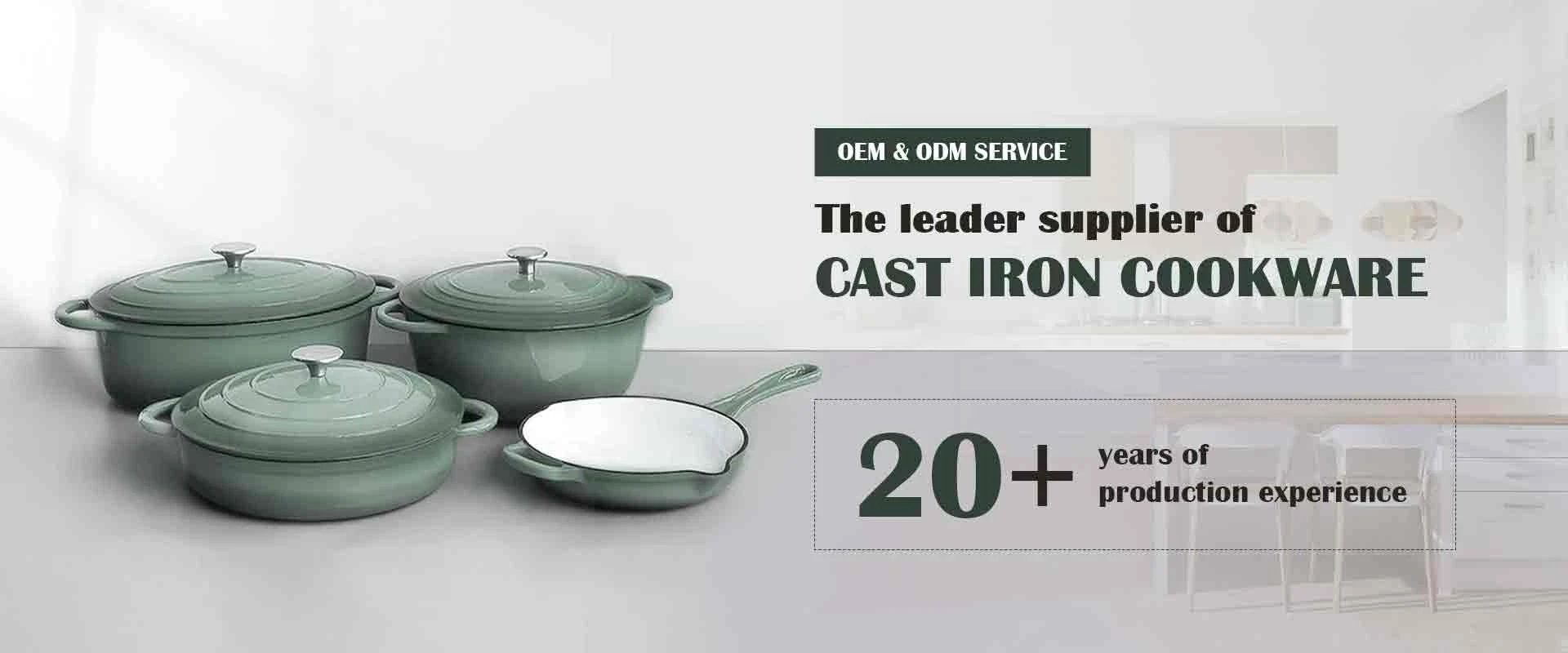Given the potential hazards associated with storing gases at high pressures, safety is a top priority in the design and operation of gas pressure vessels. Engineers must adhere to strict industry regulations, such as those set forth by the American Society of Mechanical Engineers (ASME) and other relevant bodies. These regulations cover everything from material selection to testing procedures, ensuring that vessels are built to last and minimize the risk of catastrophic failure.







